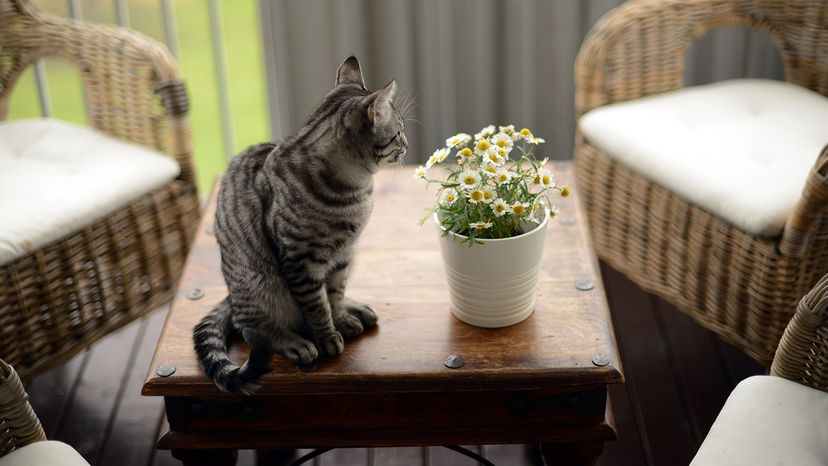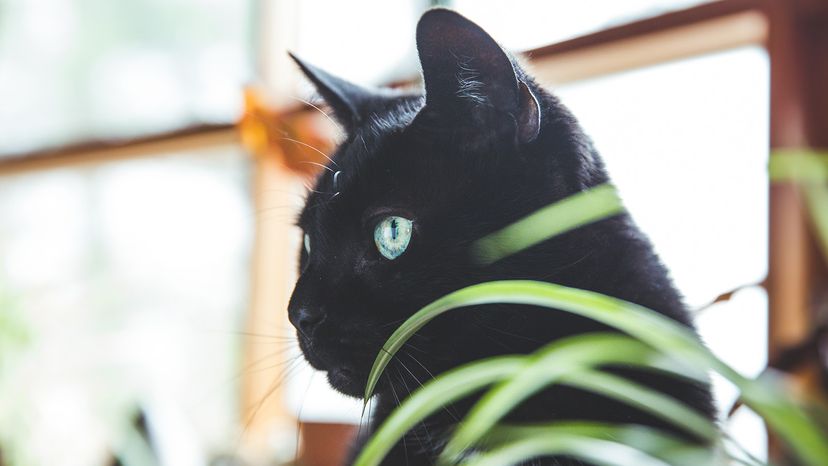
Are daisies toxic to cats? It's a common question for pet owners with a sunny garden.
The short answer is yes, many types of daisies are considered toxic to cats. If your feline friend snacks on one, you’ll want to act fast.
Advertisement

Are daisies toxic to cats? It's a common question for pet owners with a sunny garden.
The short answer is yes, many types of daisies are considered toxic to cats. If your feline friend snacks on one, you’ll want to act fast.
Advertisement

Most common daisies, including those with white petals and yellow centers, fall under the Asteraceae family. This includes not just wild daisies but also chrysanthemums, which are toxic to cats.
Even Gerbera daisies, often considered cat safe, can cause mild stomach upset in some animals. The whole plant — leaves, petals, and pollen — can be problematic.
Advertisement
Watch closely if your cat ate any daisies. Symptoms may include vomiting, diarrhea, drooling, skin irritation, and trouble walking.
In more severe cases, daisy poisoning can lead to dehydration and, in rare instances, even death.
Advertisement
These effects stem from natural toxins like sesquiterpene lactones, which are irritating to a cat’s system.
If you see any of the above symptoms or suspect poisoning, contact your vet immediately. Treatment may involve fluid therapy or medications to manage symptoms.
Don’t wait for signs to worsen; early medical attention can save your pet’s life.
Advertisement

Want to keep your home or garden beautiful and safe? Choose nontoxic options like African violets, spider plants, and Boston ferns. These plants offer greenery without the danger.
For a complete list, consult the ASPCA’s database of toxic and nontoxic plants for animals.
Advertisement
Cats love to nibble, especially on new things. That’s why it’s vital to know which flowers and plants could harm them.
The daisy’s sunny disposition hides potential dangers. So if you’re growing daisies or bringing them indoors, keep them out of reach of your kitty. And always be aware that some species can affect both dogs and cats.
Advertisement
We created this article in conjunction with AI technology, then made sure it was fact-checked and edited by a HowStuffWorks editor.
Please copy/paste the following text to properly cite this HowStuffWorks.com article:
Advertisement